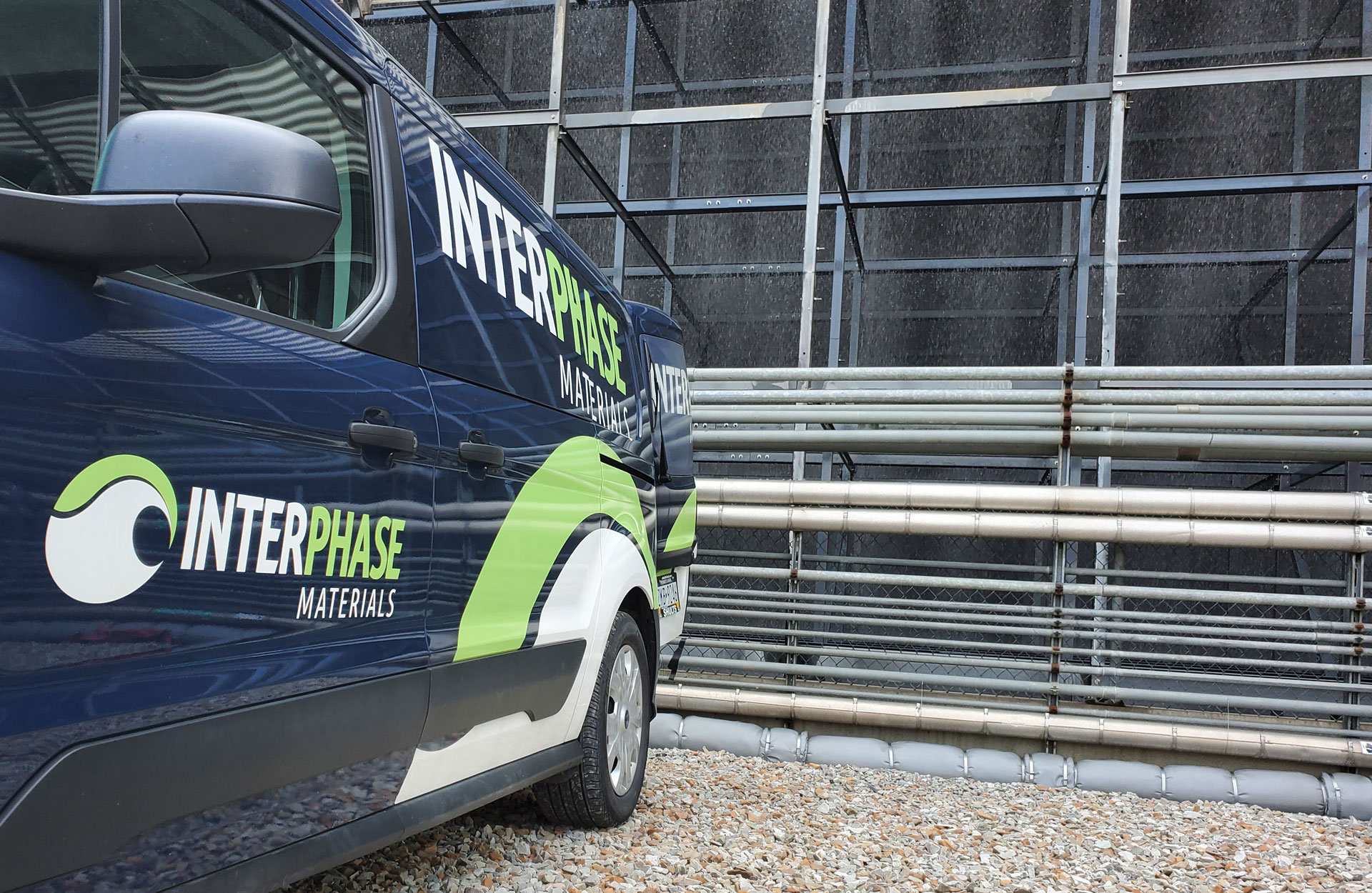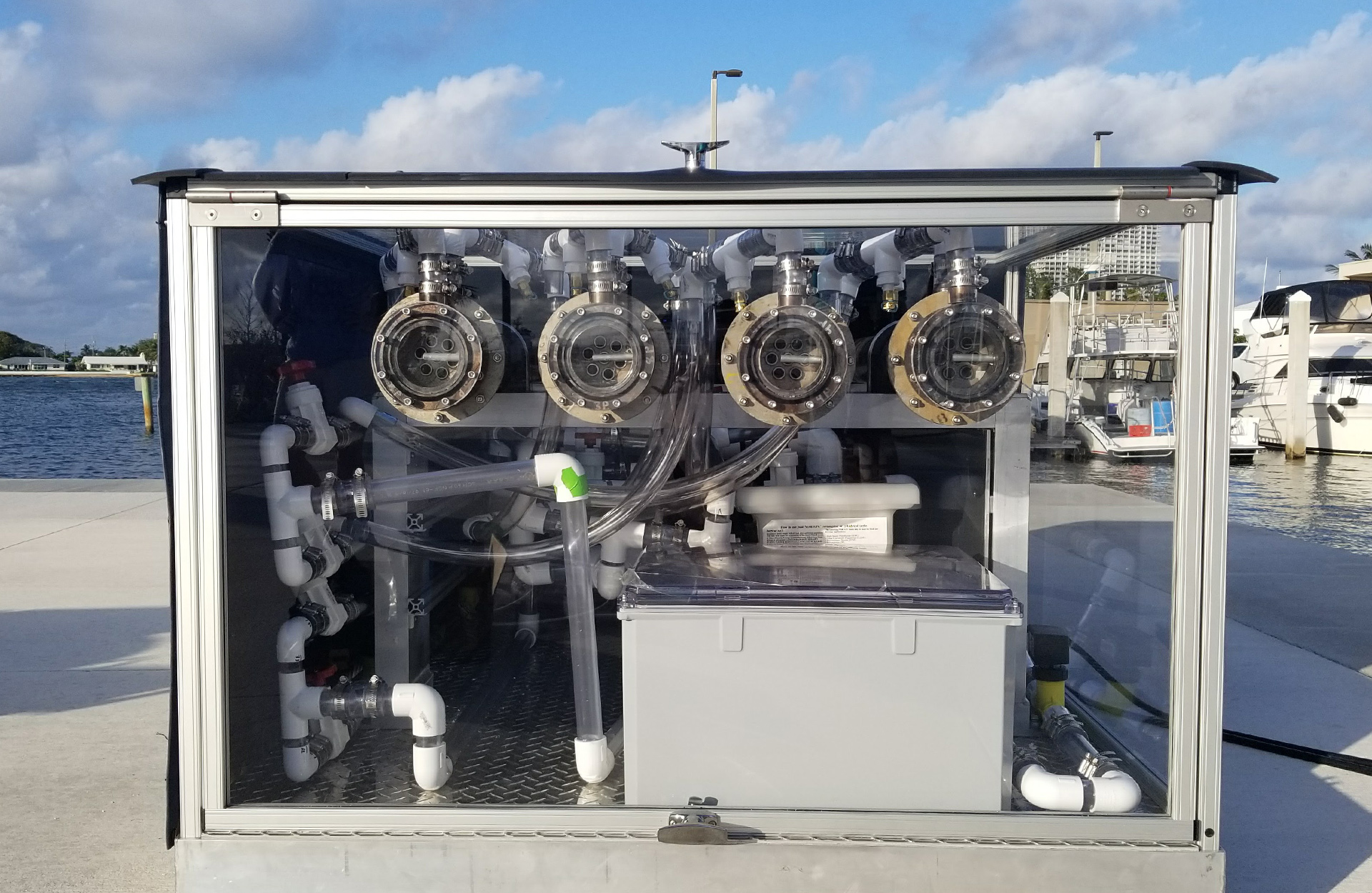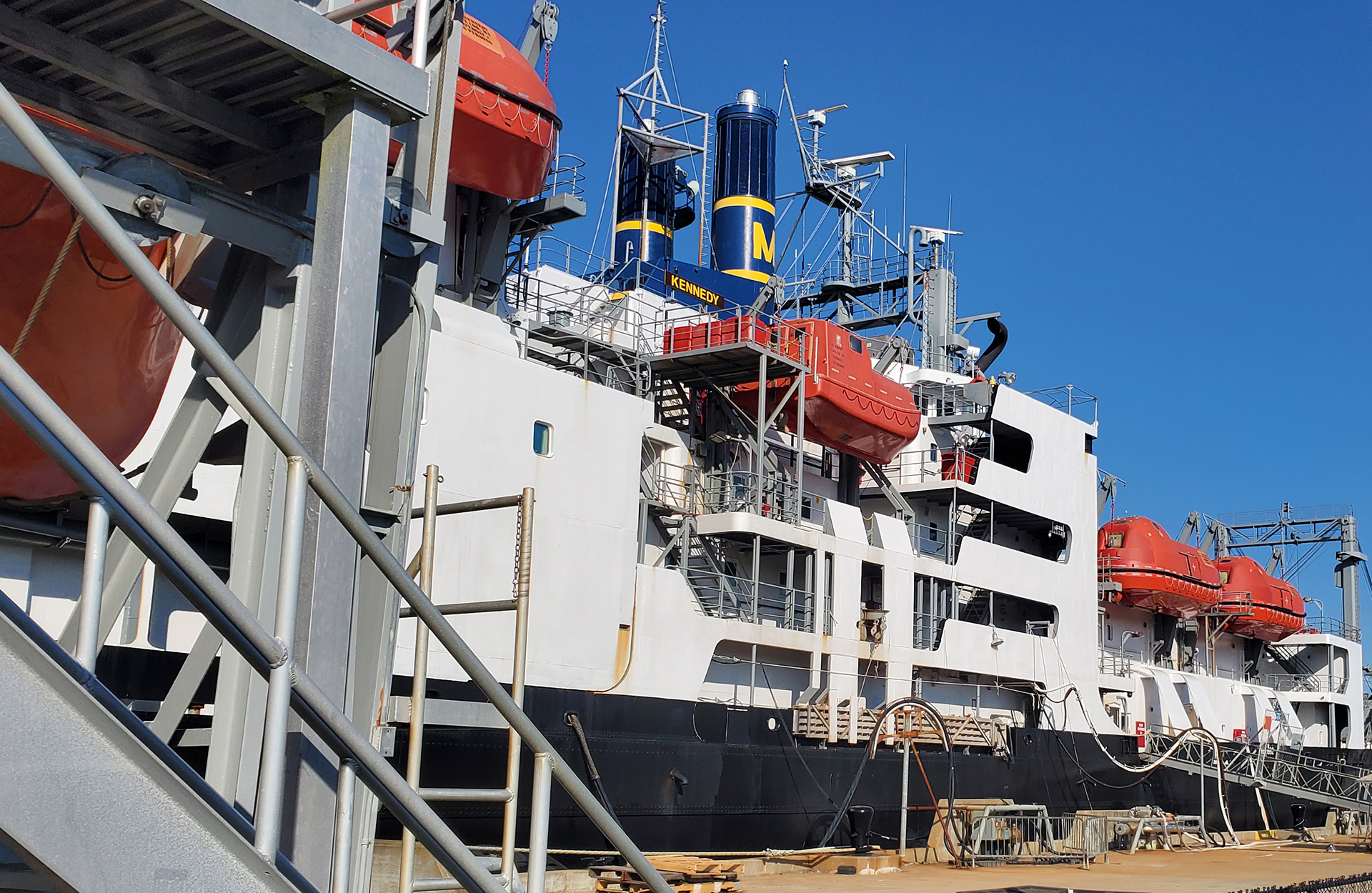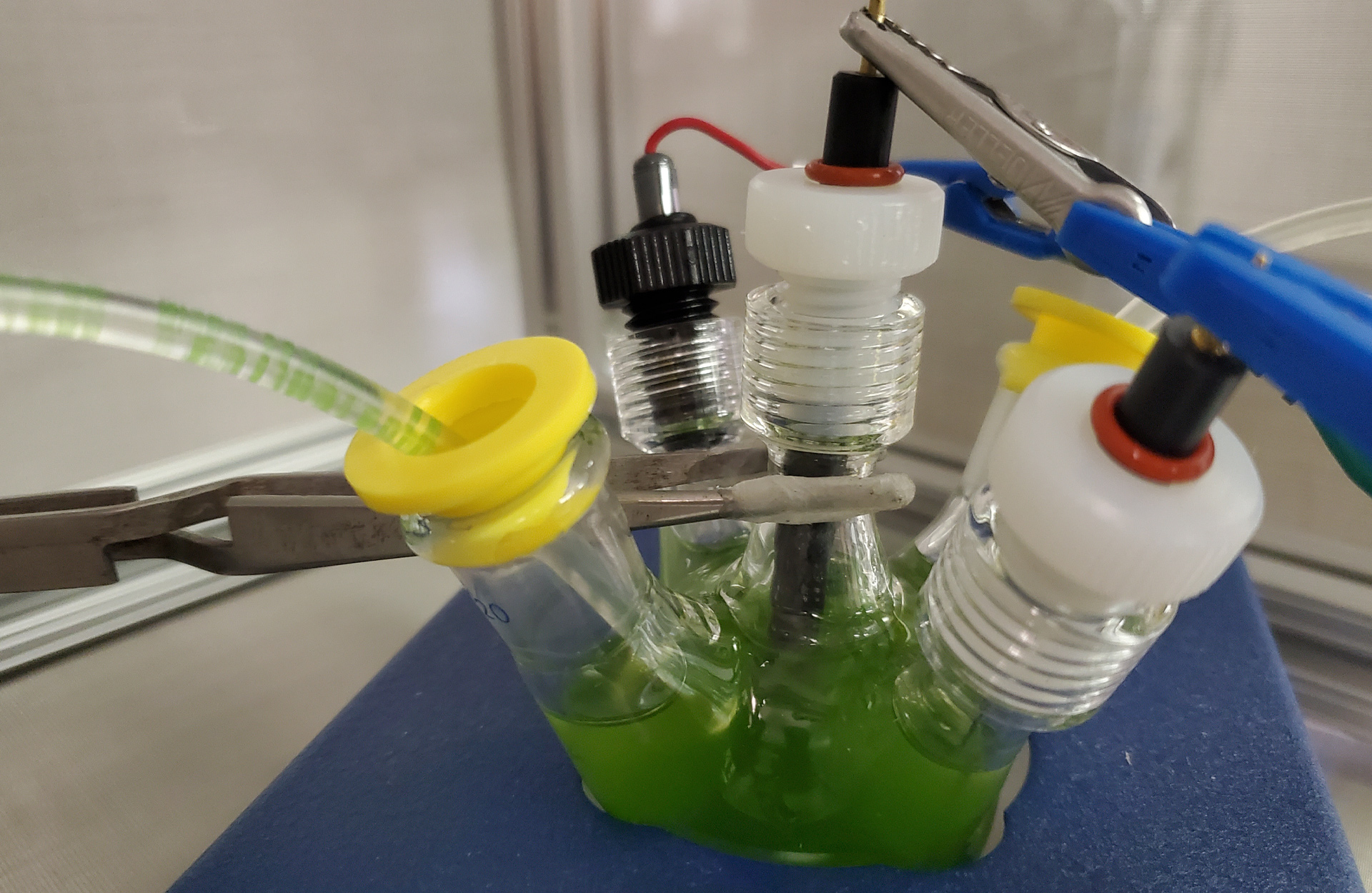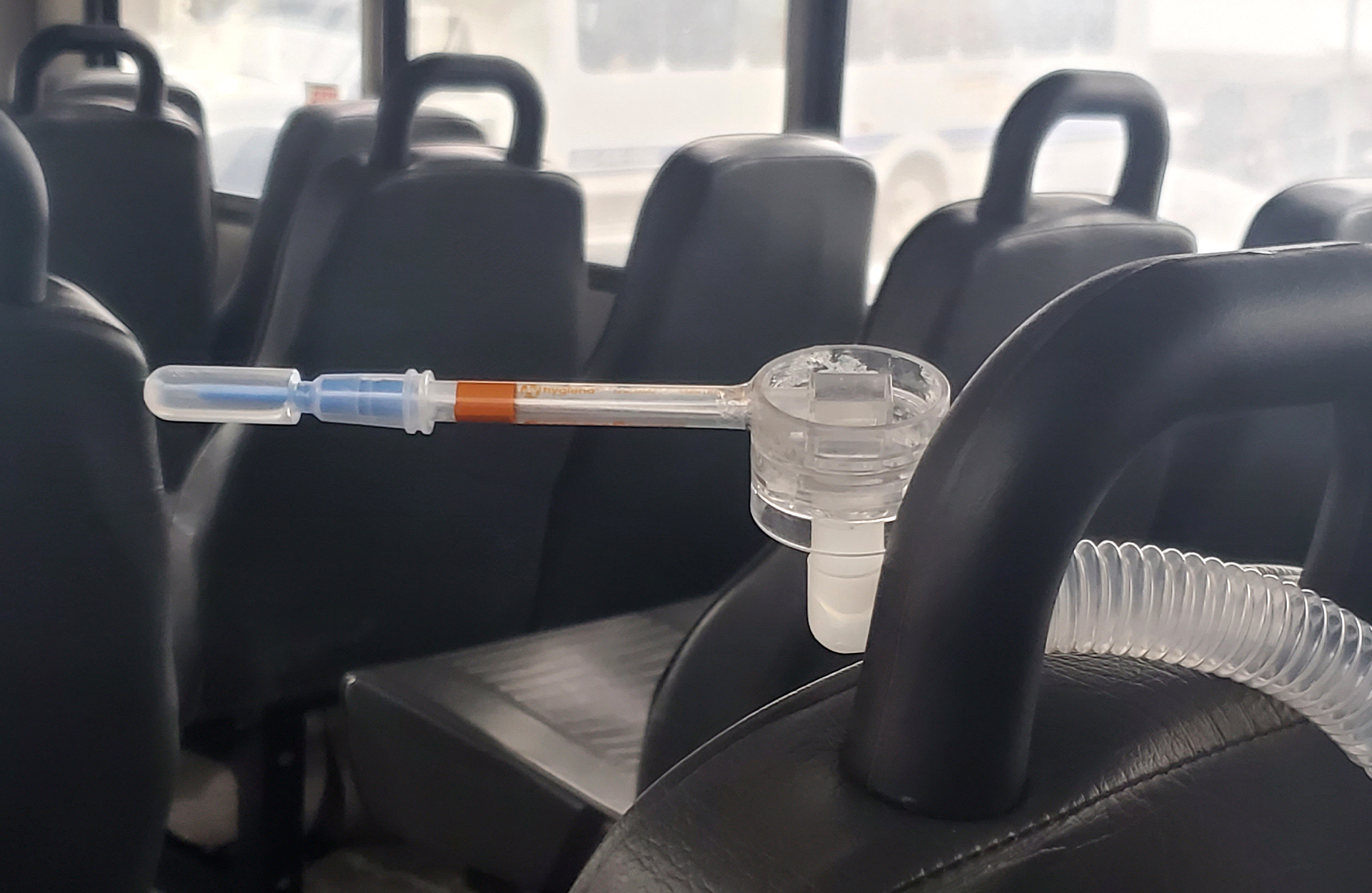Application of THERMOPHASE for Improved Efficiency of Power Plant Condensers
Biological Need
Sustainable sources of energy are necessary for life.
Threat
Efficiency decreases in power plants result in increased emissions, water usage, and fuel costs.
Our Solution
THERMOPHASE is an advance material designed to improve efficiency by reducing fouling and increasing heat transfer of heat exchangers.
Results
For 2 Years Following THERMOPHASE Application, the efficiency of the power plant condenser improved, resulting in ~ $3 Million savings, 68 thousand tons reduced carbon dioxide emissions, and millions of gallons of less water withdrawn.
Partners
Funded By
U.S. Department of Energy, Office of Fossil Energy
DOE Award: DE-FE0031561
DOE/NETL

Guided Missile Submarine (SSGN) Seawater System Antifouling Surface Treatment (AST)
Biological Need
Protection from threats is necessary for life.
Threat
Biofouling in critical Navy seawater systems reduces system function, adds unexpected maintenance, extends asset downtime, and increases costs.
Our Solution
THERMOPHASE is an advanced material designed to improve efficiency by reducing fouling and increasing heat transfer of heat exchangers.
Results
From 2017 through 2022, BIOINTERPHASE tested the performance of THERMOPHASE in marine applications. Using a custom-built seawater heat exchanger rig located in Florida, THERMOPHASE was evaluated for heat exchanger efficiency and biofouling impact over time. Seawater heat exchangers treated with THERMOPHASE showed an increase in heat transfer efficiency and a reduction in the accumulation of biofouling.
Biofouling Prevention Demonstration on Seawater Cooling System
Biological Need
Transportation of people and supplies is a necessary component of life in the modern era.
Threat
Biofouling on seawater cooled systems reduces the effectiveness of critical systems such as heating, ventilation, and air conditioning (HVAC) plants and engines, resulting in reduced energy efficiency, increased emissions, and unnecessary maintenance costs.
Our Solution
THERMOPHASE is an advanced material designed to improve efficiency by reducing fouling and increasing heat transfer of heat exchangers.
Results
From 2021 through 2022, Interphase Materials applied THERMOPHASE to a demonstration chiller and installed test coupons in an auxiliary seawater cooling system strainer. Following 115 days in operation, a significant reduction in biofouling was observed in both the test coupons and inside the condenser of the demonstration chiller.
Sponsor
Department of Transportation’s Maritime Administration (MARAD)

Advanced Fouling Detection for District Cooling Facilities Treated with a Novel Nano-Engineered Surface Treatment
Biological Need
Sustainable habitats are necessary for life.
Threat
Biological fouling reduces the energy efficiency of building HVAC systems, resulting in an increased carbon footprint of human’s habitat.
Our Solution
INTELLIPHASE is an artificial intelligence (AI) system that predicts fouling in building chillers to enable building owners to shift from scheduled-based maintenance to predictive maintenance.
Results
From 2020 through 2021, BIOINTERPHASE developed INTELLIPHASE, an AI/ML technique to predict chiller fouling from approach temperature and fabricated a proof-of-concept sensor setup for biofilm detection.
Artificial Intelligence Enabled Risk Assessment Tool for Condition-Based Sanitization of Public Transit Vehicles
Biological Need
Mobility is necessary for life.
Threat
Biocontamination from bacteria, fungi, and viruses threaten the health of those that use public transportation.
Our Solution
INTELLIPHASE is an artificial intelligence (AI) powered vehicle sanitization monitoring device designed to alert transit agencies when unsafe conditions are likely to occur to enable condition-based sanitization.
Results
From 2021 through 2022, under Topic 21-FT2 of the Department of Transportation’s Small Business Innovative Research program, Interphase Materials demonstrated the technical feasibility of INTELLIPHASE to monitor and predict biocontamination threats on public transportation vehicles using a combination of real-time data collection, sensor fusion, and artificial intelligence.
Interphase Materials demonstrated the capability to collect real-time aerosol size distribution data onboard public vehicles for the development of advanced machine learning model and developed a sensor fusion algorithm to enable the INTELLIPHASE platform to create biocontamination risk markers for a variety of infectious diseases including COVID-19, influenza, Group A Streptococcus, and Group B Streptococcus.
Sponsor
United States Department of Transportation


